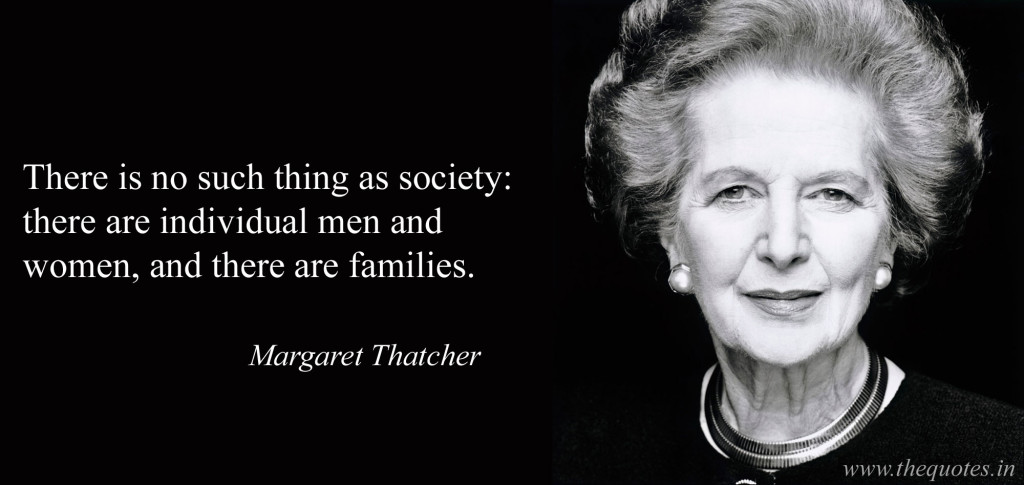There& #39;s a persistent idea in modern historiography that there were no "individuals" in the Middle Ages (you know, "artists were just craftsmen that& #39;s why they didn& #39;t sign the altarpieces they made" or whatever). This is not true, but that& #39;s not the point I& #39;m pondering 1/...
Depending on whom you ask, Individuals, in this version, were born with the Renaissance/Enlightenment, when MAN struggled to free themselves from - the Church I guess..? Using SCIENCE and RATIONALITY. 2/...
#MedievalTwitter
#MedievalTwitter
Anywhoozle, this, once again, doesn& #39;t really pan out in the sources, but it was part of the Dark Ages/Enlightenment dichotomy that scholars in the 19-20-21c loved so very very much. And it somehow feeds into popularising notions about freedom vs institutions. 3/...
With the advent of the idea that early modern history = birth of rationality came the idea that rationality = individuality.
And that that was A Good Thing.
4/...
And that that was A Good Thing.
4/...
Now I don& #39;t mean to blame the Early Moderns for this (neither contemporaries nor the current crop of scholars :-)). I also don& #39;t mean to imply that the Medievals were all socialists living in autonomous collectives. Whatever. People are gonna people. It& #39;s all complex. 5/...
But the historiographical fallout of this particular bit of mythmaking, I feel, might lie at the root of the current problems in Western Society, where hyper-individualism runs rampant and Caring For Other People is something only idealists or villains do. 6/...
"We" have decided that Enlightenment and Science are Good (I guess they are :-)). But that same "we" seems to have forgotten that all this need not mean that it& #39;s the ONLY good thing. It has been pointed out time and again that to be "social" actually IS "rational". 7/...
(don& #39;t aspire to be "king of the world" if you don& #39;t care for the world I guess is what I& #39;m saying)
(also, just assume "scare quotes" around all the "first person plurals")
(also, just assume "scare quotes" around all the "first person plurals")
Instead, we are stuck with a discourse that SO values the rational individual over the power of institutions (fed, I think, in some part by some kind of anti-medieval mythmaking) that it seems all but impossible to Make. People. Care. 8/...
...and this is not because of shift that actually happened between the 15th-19th century, but because of the way those developments have been written into our collective memory in the 19th-21st century. Most recently, I reckon the 1980s...? 9/...
Two culprits with pithy quotes -- by no means the only guilty parties, but they are endemic for the times.
(I became politically aware when I noticed, as a pre-teen already, that I REALLY DID NOT CARE for these two or their Dutch counterparts)(blegh) 10/...
(I became politically aware when I noticed, as a pre-teen already, that I REALLY DID NOT CARE for these two or their Dutch counterparts)(blegh) 10/...
We& #39;re still reaping what we sowed right now. It& #39;s become more noticeable than ever in a way.
But as much as I think this is a societal problem, I feel that part of the solution should be a rigorous (and accessible) rewriting of the historiographies that fueled this rhetoric 11/..
But as much as I think this is a societal problem, I feel that part of the solution should be a rigorous (and accessible) rewriting of the historiographies that fueled this rhetoric 11/..
Many people on #MedievalTwitter (and other #TwitterStorians) are already doing this - hooray!
Keep up the good work! It is so important.
12/...
Keep up the good work! It is so important.
12/...
But it does seem as if the rhetoric historians employ is still mostly about a correct/more current representation of "The History *I* Care About". It& #39;s sometimes not nearly as self-aware as it could be.
13/...
13/...
I wonder if we should not actually be even more pro-actively presentist as well, given the circumstances.
At least, I wonder how we can show show that it& #39;s not about "history" per se, but about "Learning History, and What That Does To An Individual"
14/...
At least, I wonder how we can show show that it& #39;s not about "history" per se, but about "Learning History, and What That Does To An Individual"
14/...
Because if I know one thing about "medieval" ways of learning history: they cared about showing how every individual was part of a larger, inevitable collective. And how breaking from that collective should be to improve that collective, not just to improve yourself. 15/...
We can learn a thing or two from that way of regarding the individual in history.
16/...
16/...
Question mark.
.../fin
.../fin

 Read on Twitter
Read on Twitter



